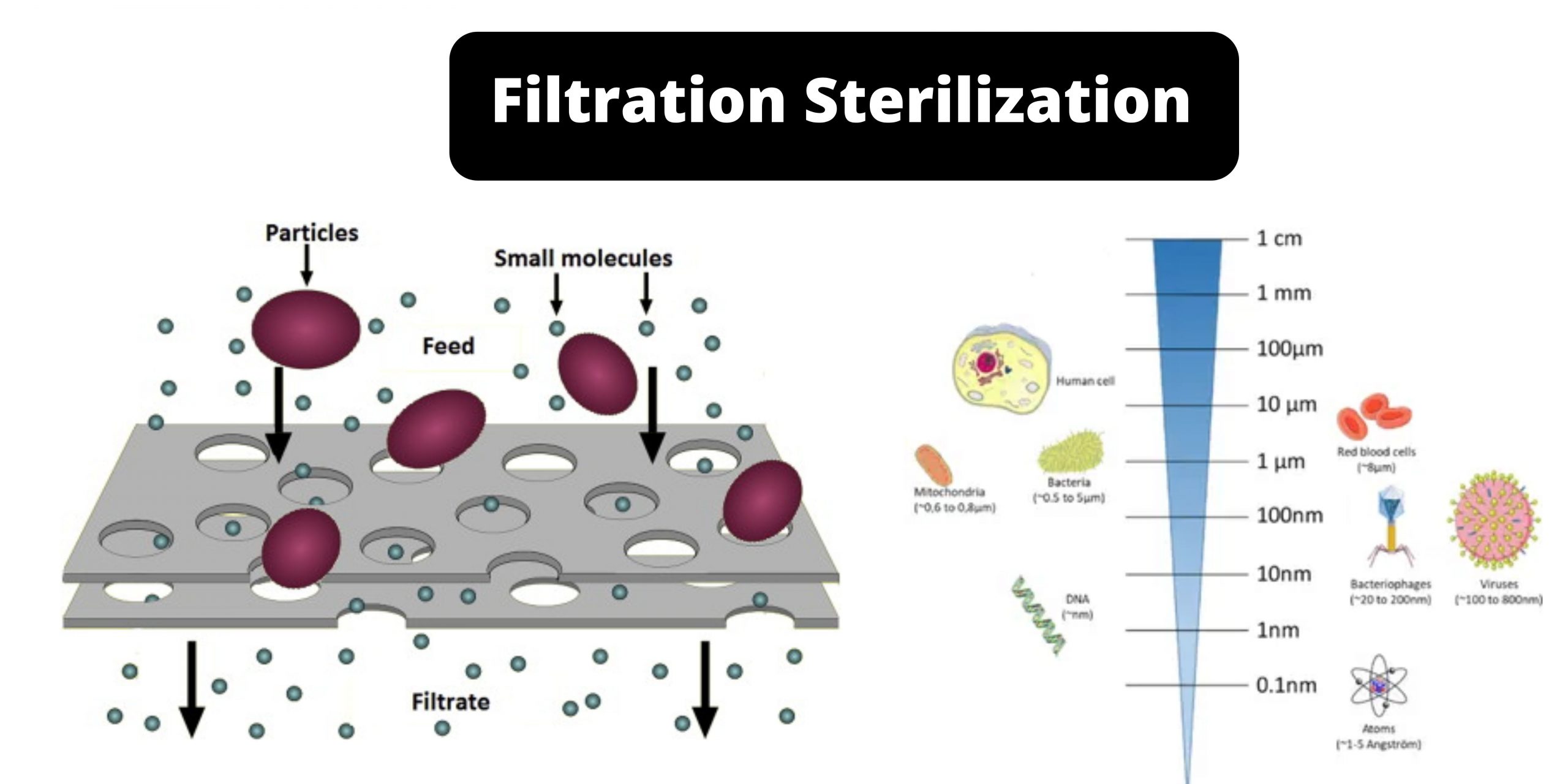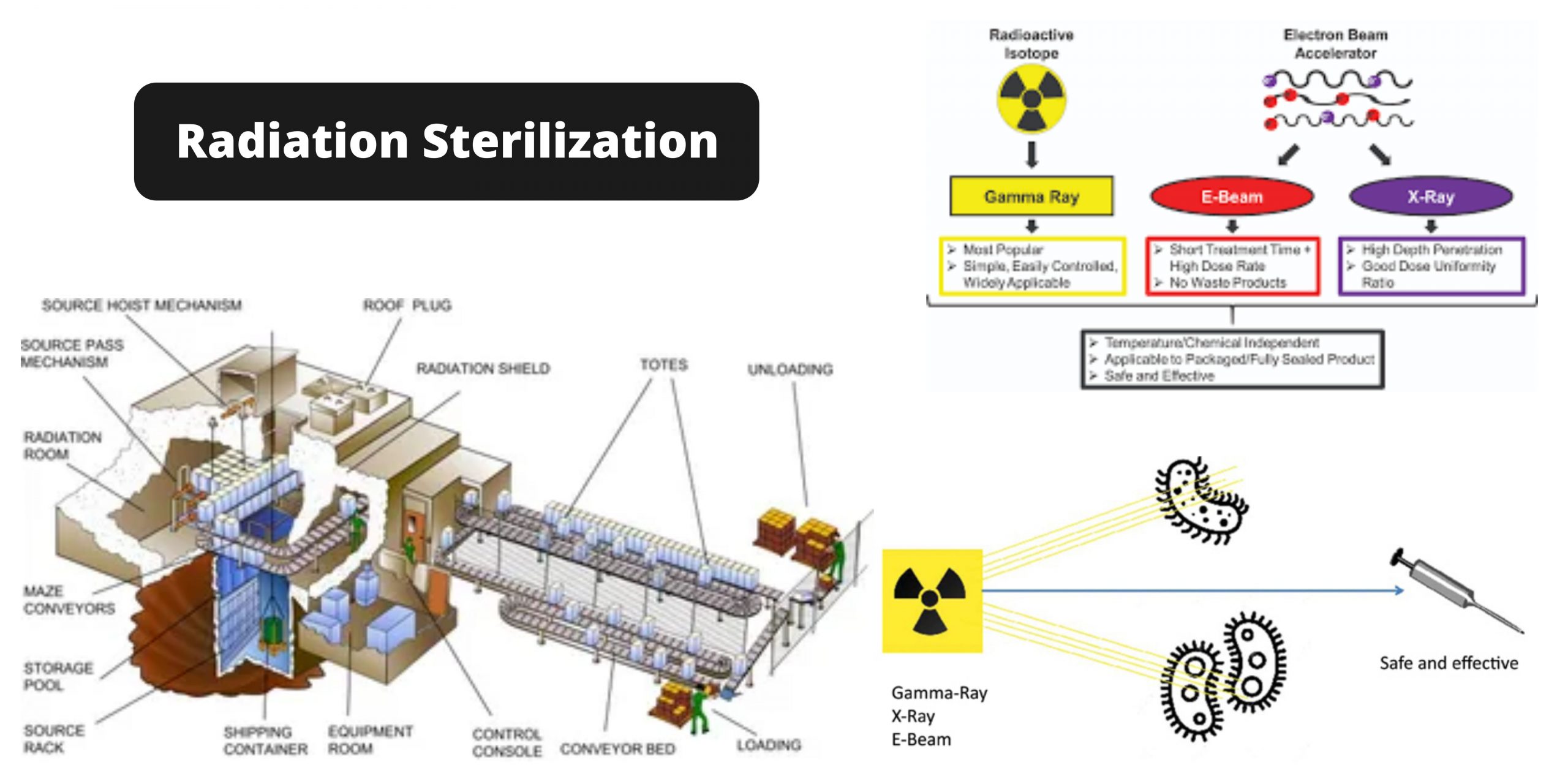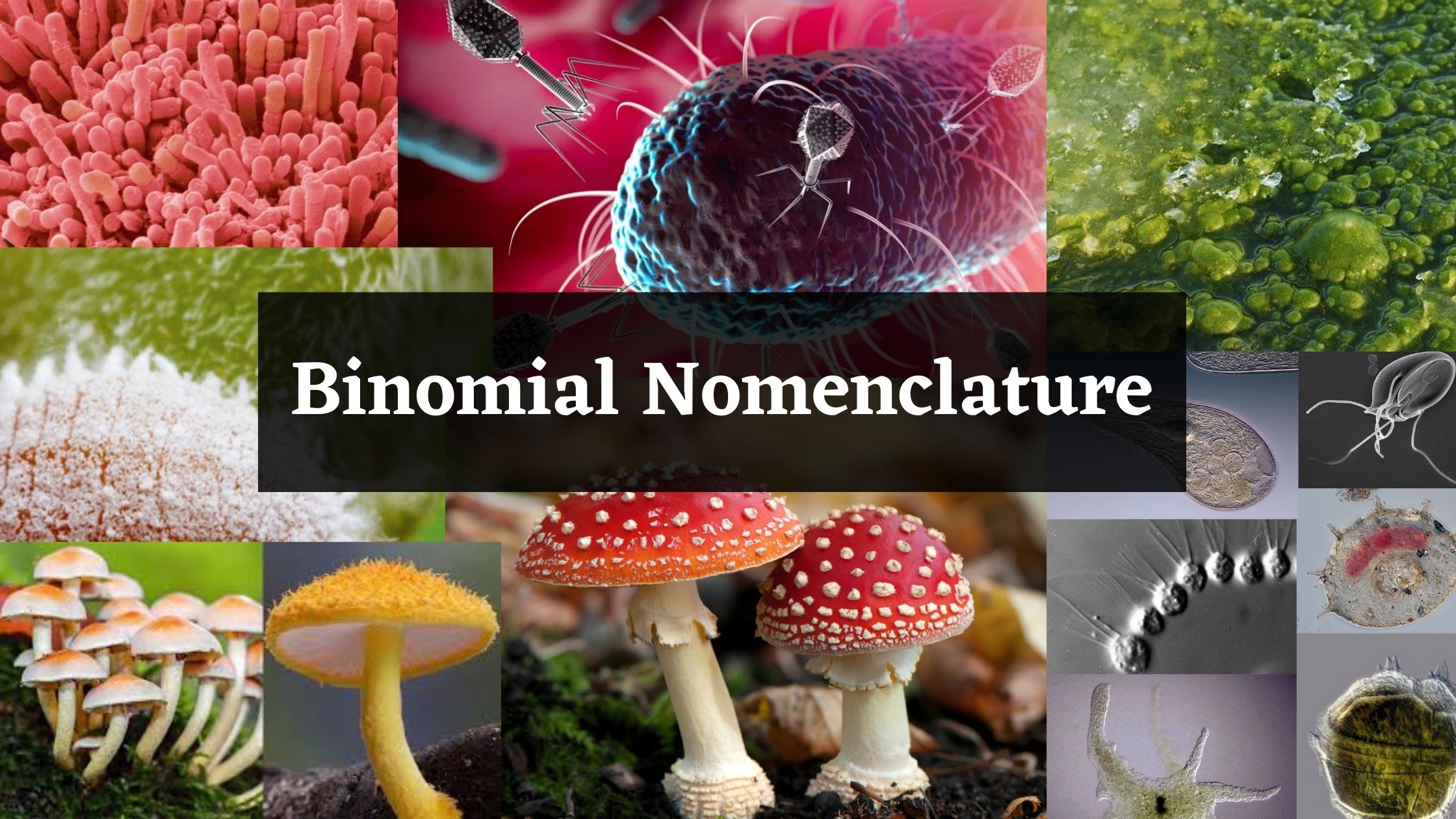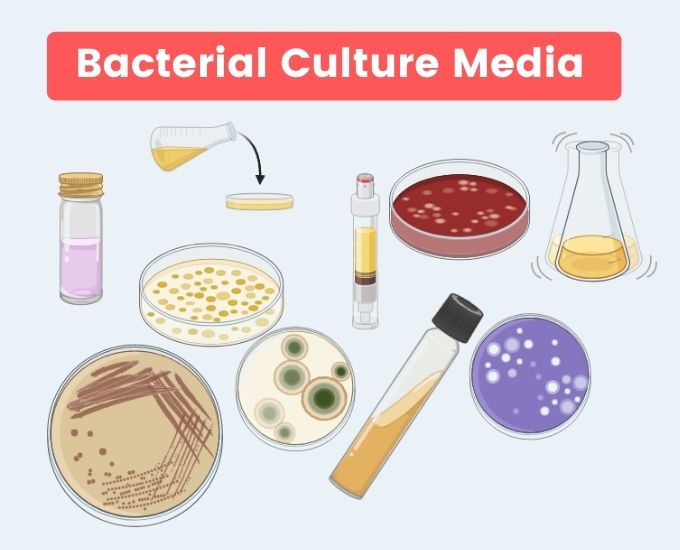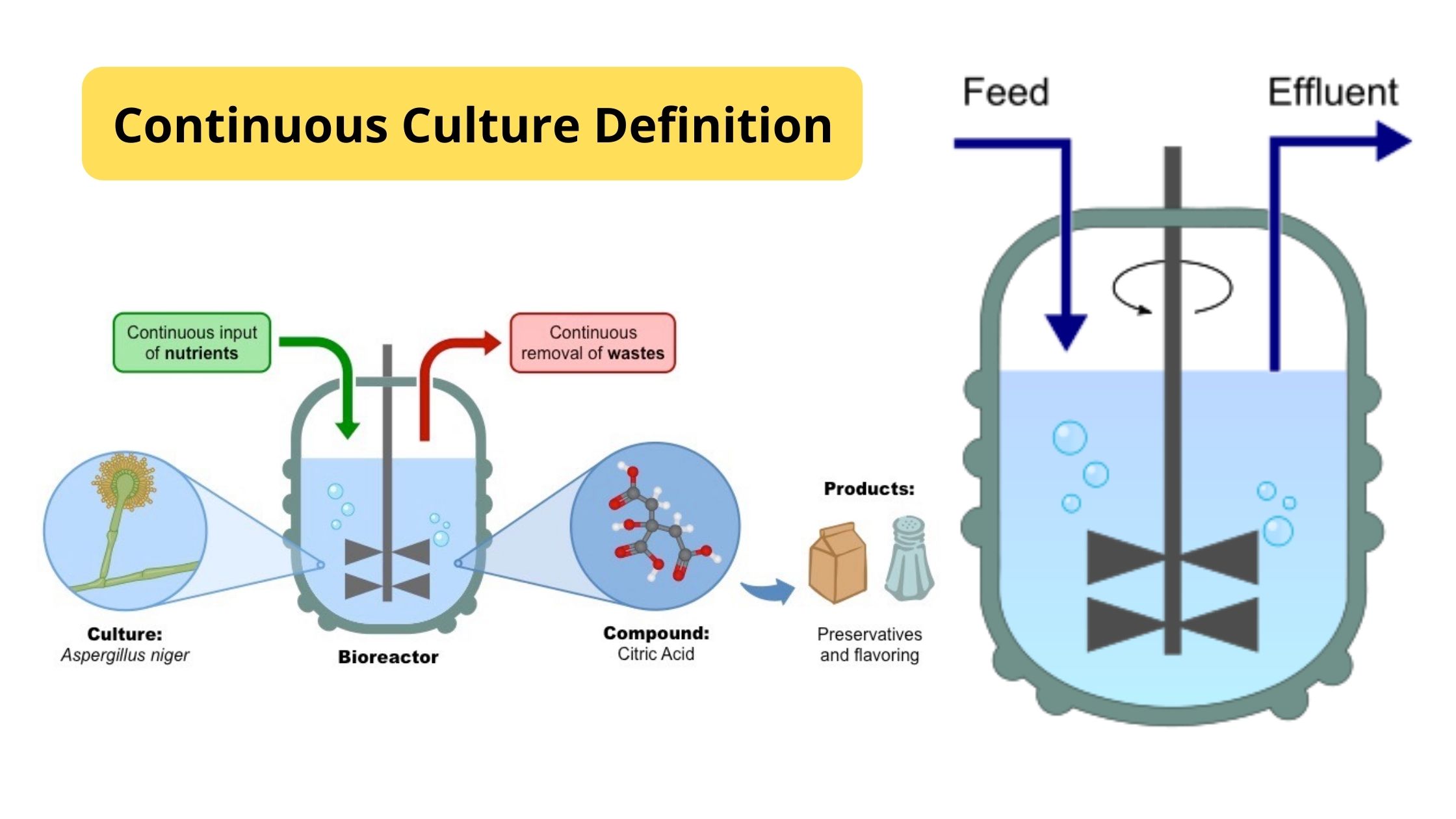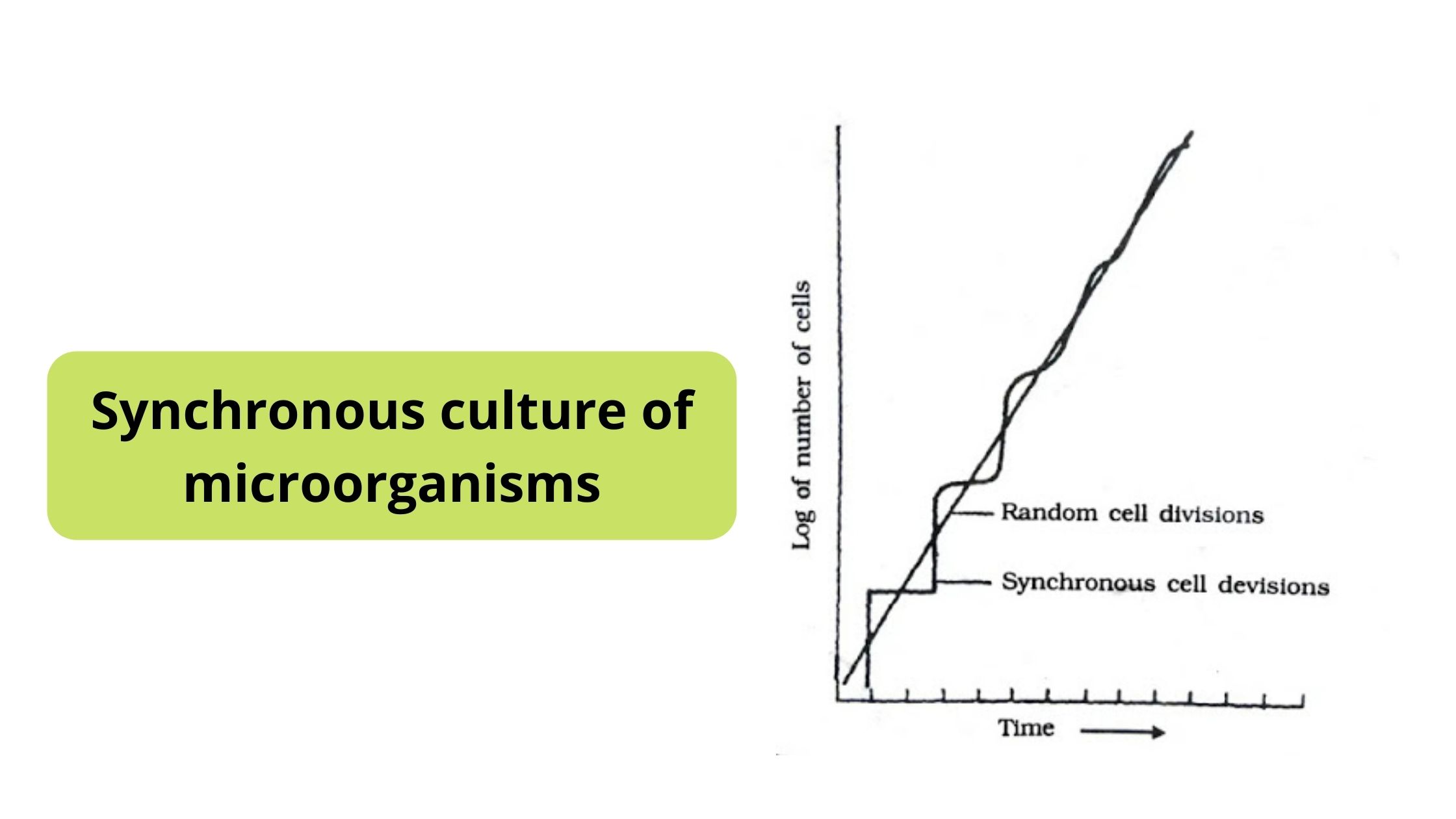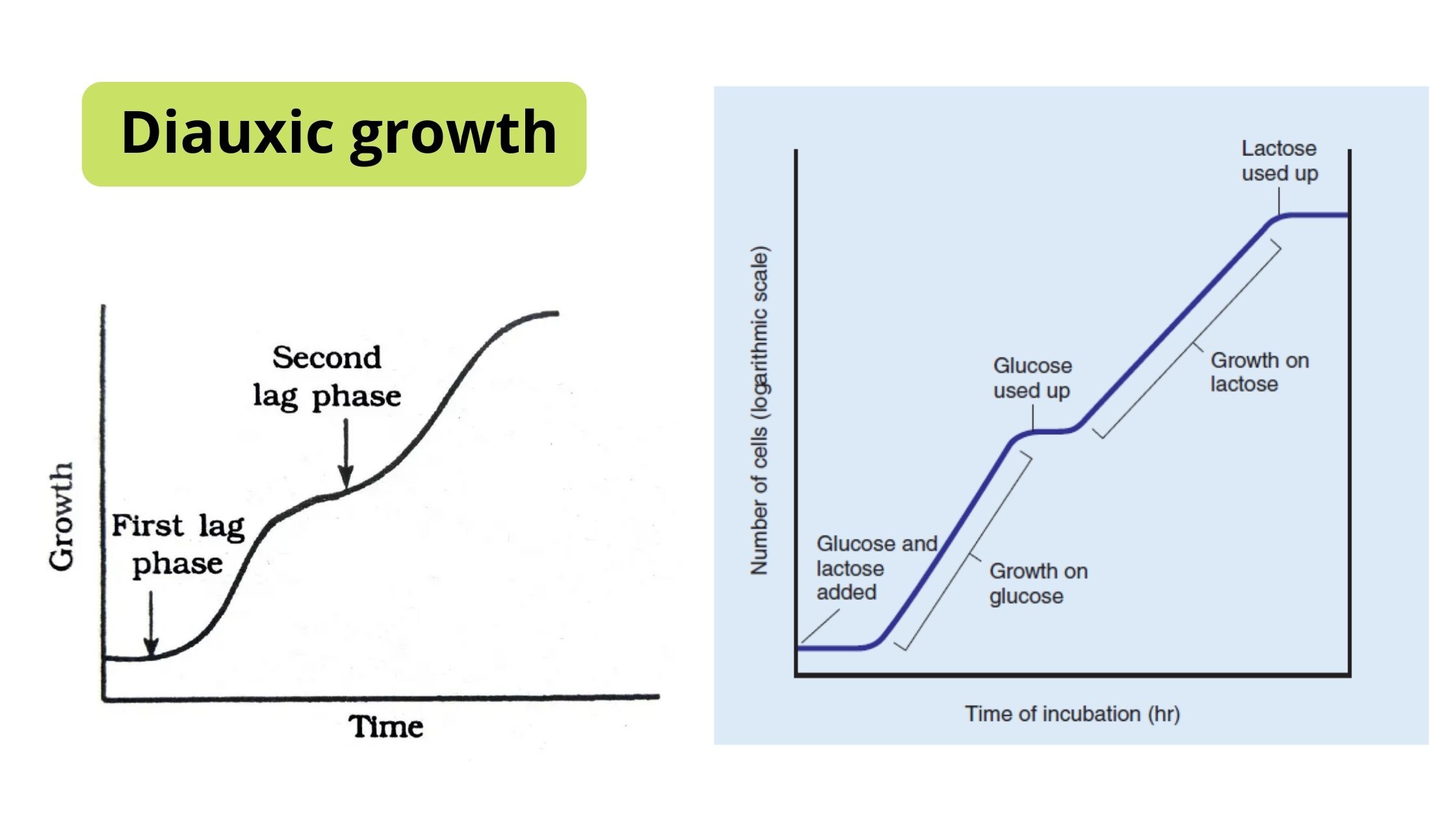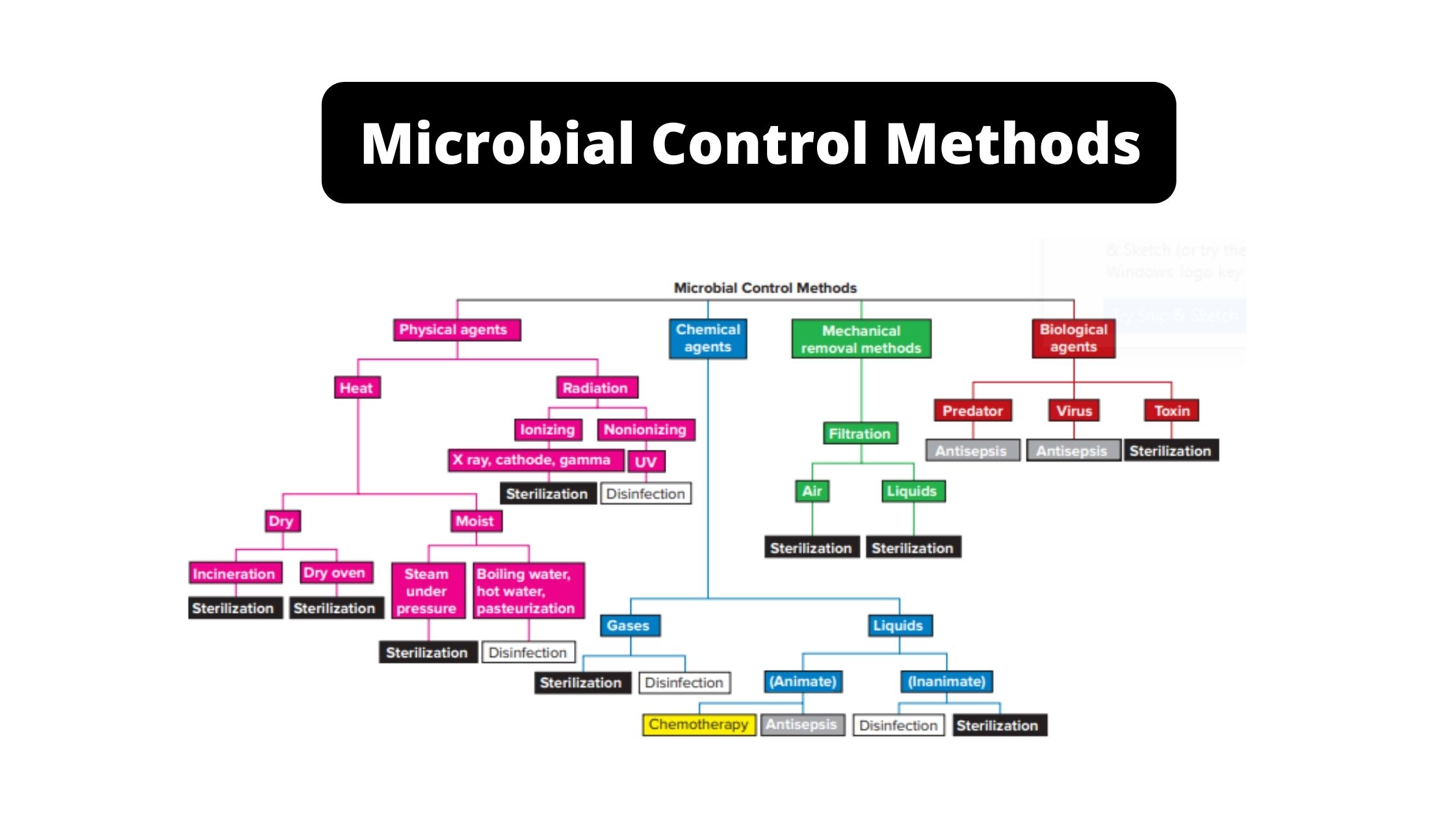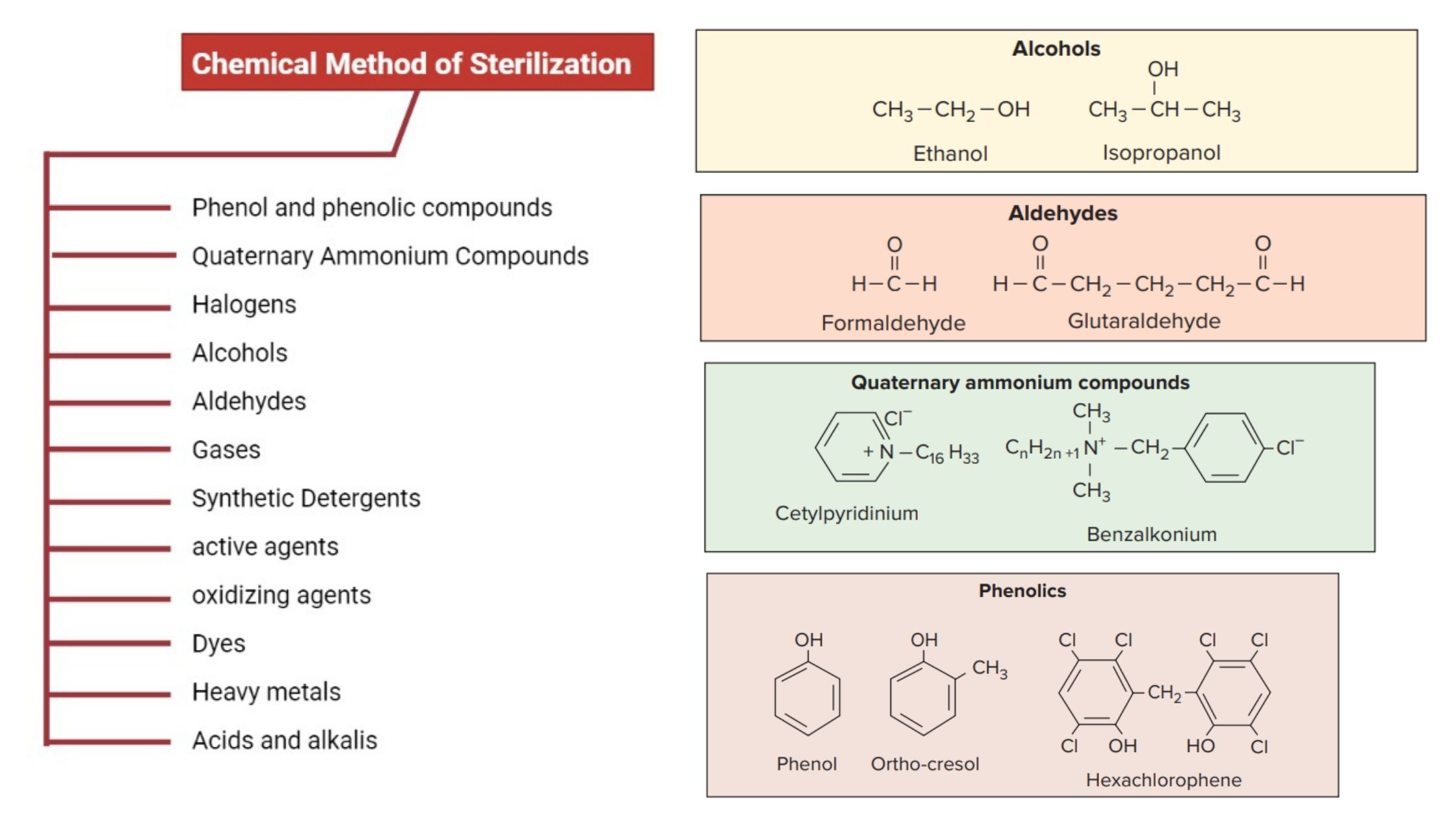Filtration Sterilization – Types, Mechanism, Uses
Filtration is the most popular method to sterilize heat sensitive liquid and gases, without exposure to denaturing temperatures. Instead of killing microorganisms that cause contamination the process simply eliminates them. It is the process of choice to sterilize chemical solutions for antibiotics radioisotopes, toxic chemicals or vaccines, as well as carbohydrates, all of which are … Read more
